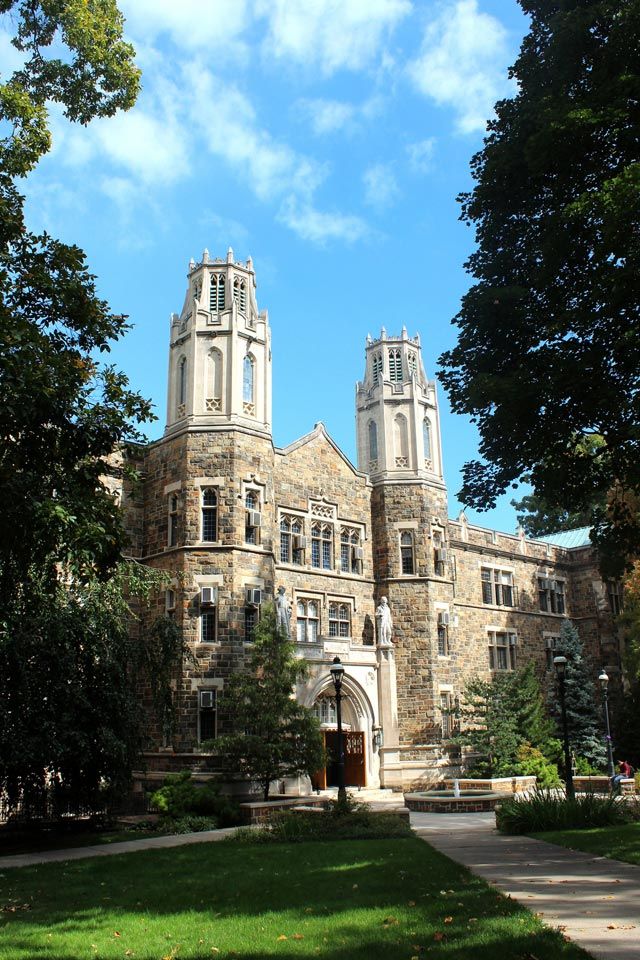Dan M. Frangopol, the Fazlur R. Khan endowed Chair of structural engineering and architecture, has a passionate commitment to the life-cycle management of the infrastructure. He has spent his career applying probability methods to assess, predict and optimize the performance of buildings, bridges and naval ships.
“We cannot ignore congested roads, deficient bridges and aging ships, dams and levees,” says Frangopol, who has founded international professional organizations in his field.
“Managing the infrastructure requires risk-informed decisions that balance cost and performance and use optimization criteria to select the most efficient maintenance options in uncertain environments.”
In 2010 the American Society of Civil Engineers named Frangopol a “distinguished member” of ASCE for defining much of the practice for life-cycle management methods of deteriorating structures and optimization approaches, and noted that his work has “not only saved time and money, but very likely also saved lives.”
“Maintaining and managing large infrastructure systems over their life-cycle can be more expensive than designing them,” says Frangopol. “i have always worked to develop a general, integrated management framework that brings together probability, structural safety, maintenance, monitoring and optimization of fund allocation.”
Frangopol recently completed an NSF project to integrate the maintenance, monitoring and management of bridges and bridge networks based on simulated and monitored time-dependent bridge health as well as reliability and life-cycle cost analyses. He says local, state and federal agencies could benefit from methods of predicting the lifetime performance of bridges and bridge networks.
He is also leading a project for the Federal highway administration, which is developing systems to collect continuous data and use it to estimate the remaining life of bridges.
In a project with the office of naval research, Frangopol hopes to improve the performance assessment and life-cycle prediction of naval ships based on structural health monitoring and time-variant system reliability by using optimal management plans that he pioneered.
“The modeling, assessment and performance prediction of ship structures over time is complex and uncertain,” says Frangopol. “The models we use ultimately will optimize decisions, which will ensure continuous safety with minimum life-cycle cost. You can only do this by using an integrated life-cycle probabilistic framework, which is what we are developing at Lehigh.”
Frangopol was recently awarded the Senior Research Prize of the International Association for Bridge Maintenance and Safety and named Honorary Professor at Hong Kong Polytechnic University.

